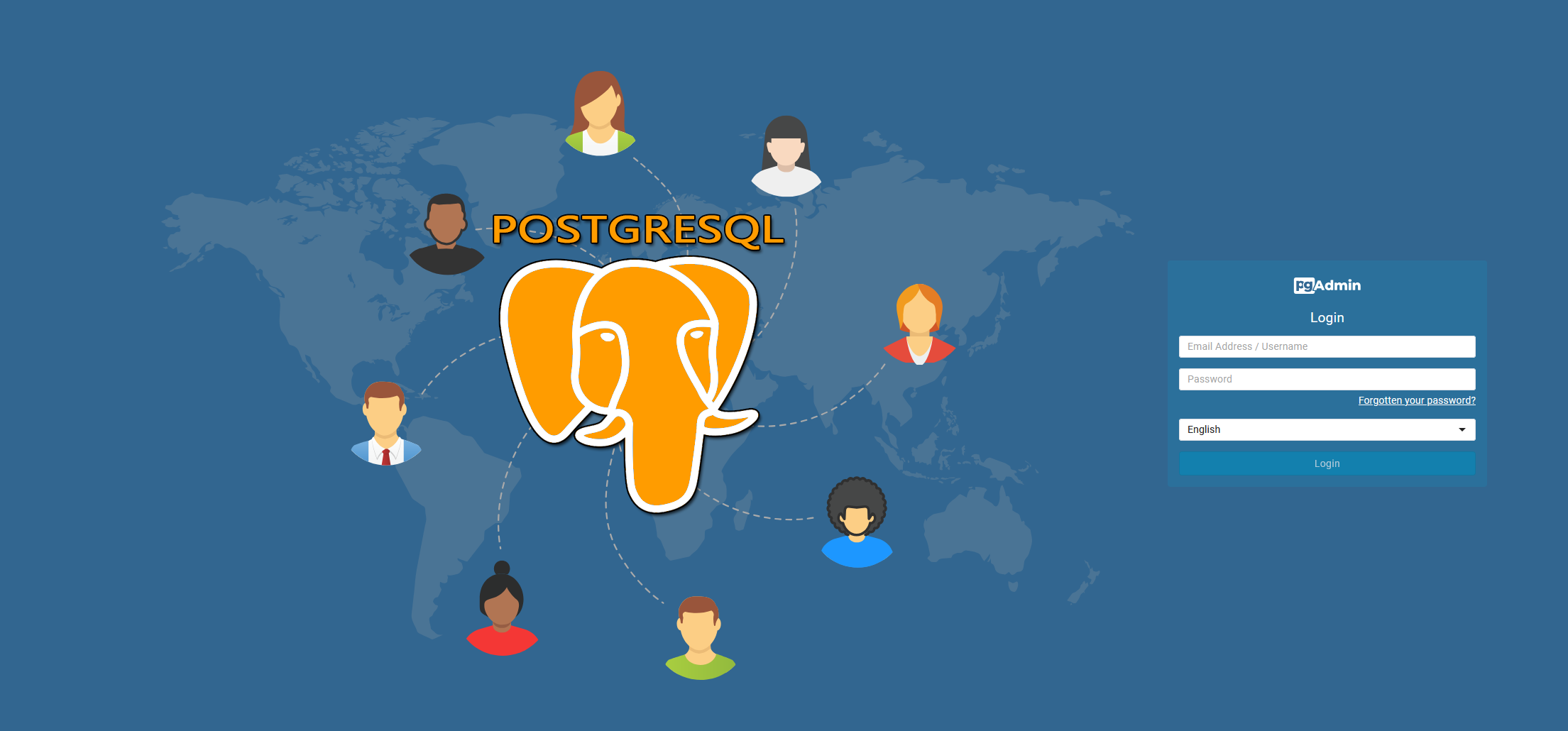Stacks: Subscribers Workshop: PostgreSQL
Stacks: Subscribers Workshop: pgAdmin
The subscriber workshop comes with a different stack version of PostgreSQL and PGAdmin compared to the open workshop counterpart.
What we think of PostgreSQL -
Without going into too much detail, PostgreSQL is a highly versatile and secure database that's used in many of the Docker stacks we've submitted on the VulpeLab website. It competes effectively with other popular systems like MySQL and MariaDB, offering top-tier performance and robust security.
Many of our stacks will reference this thread for further information.
About Journal -
PostgreSQL is a powerful, open source object-relational database system that uses and extends the SQL language combined with many features that safely store and scale the most complicated data workloads. The origins of PostgreSQL date back to 1986 as part of the POSTGRES project at the University of California at Berkeley and has more than 35 years of active development on the core platform.
Feature highlights
Open Source & Actively Maintained
SQL Standards Compliance
Extensible Architecture
Advanced Indexing & Optimization
High Performance
ACID Compliance & MVCC
Robust Security
Replication & Recovery
Cross-Platform & Language Support
Internationalization & Timezone Awareness
Stack - Tested in Portainer
services:
db:
container_name: PostgreSQL
image: postgres
mem_limit: 256m
cpu_shares: 768
healthcheck:
test: ["CMD", "pg_isready", "-q", "-d", "postgres", "-U", "postgres"]
environment:
POSTGRES_PASSWORD: [CHANGE PASSWORD / MAKE IT 32 LENGTH]
POSTGRES_DB: db
PUID: 1000
PGID: 1000
volumes:
- ./postgresql:/var/lib/postgresql/data:rw
ports:
- 5432:5432
restart: always
pgadmin:
container_name: pgAdmin
image: dpage/pgadmin4:latest
mem_limit: 256m
cpu_shares: 768
healthcheck:
test: wget --no-verbose --tries=1 --spider http://localhost:5050
environment:
PGADMIN_DEFAULT_EMAIL: Your-own-email@-address
PGADMIN_DEFAULT_PASSWORD: [CHANGE PASSWORD]
PGADMIN_LISTEN_PORT: 5050
ports:
- 2660:5050
volumes:
- ./postgresadmin:/var/lib/pgadmin:rw
restart: on-failure:5Troubleshooting Password Recovery (E-mail Not Sending)
If you are experiencing issues with password recovery (for example, the recovery e-mail is not being sent), the problem is usually related to your e-mail configuration inside the Docker container. To resolve this, you’ll need to update the container settings and make the necessary adjustments.
Our subscribers have access to a detailed step-by-step guide with the exact configuration changes required. This includes:
How to access and edit the container environment variables
What SMTP settings need to be updated
Common issues and fixes for e-mail delivery from within Docker
Testing your configuration to confirm e-mails are working
By following the guide, you’ll be able to restore password recovery functionality quickly and ensure your users receive e-mail notifications as expected.
Docker Source:
https://hub.docker.com/_/postgres







There are no reviews to display.